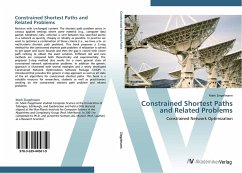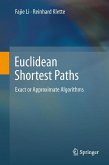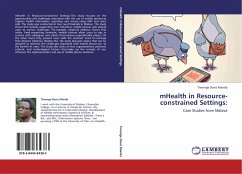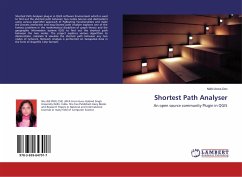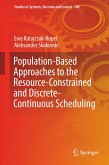Revision with unchanged content. The shortest path problem arises in various applied settings where some material (e.g., computer data packet, telephone calls, vehicles) is sent between two specified points in a network as quickly, cheaply or reliably as possible. In practice we want to optimize a combination of those criteria (i.e., we have a bi- or multicriteria shortest path problem). This book proposes a 2-step method for the constrained shortest path problem. A relaxation is solved to get upper and lower bounds and then the gap is closed with clever path ranking to obtain the exact solution. Different old and new methods are compared both theoretically and experimentally. The proposed 2-step method also works for a more general class of constrained network optimization problems. In addition the generic approach is illustrated with several examples and a newly developed Constrained Network Optimization Software Package (CNOP) is introduced that provides this generic 2-step approach as well as all state of the art algorithms for constrained shortest paths. This book is a valuable resource for researchers, students as well as practitioners working on the constrained shortest path problem and related problems.
Hinweis: Dieser Artikel kann nur an eine deutsche Lieferadresse ausgeliefert werden.
Hinweis: Dieser Artikel kann nur an eine deutsche Lieferadresse ausgeliefert werden.
